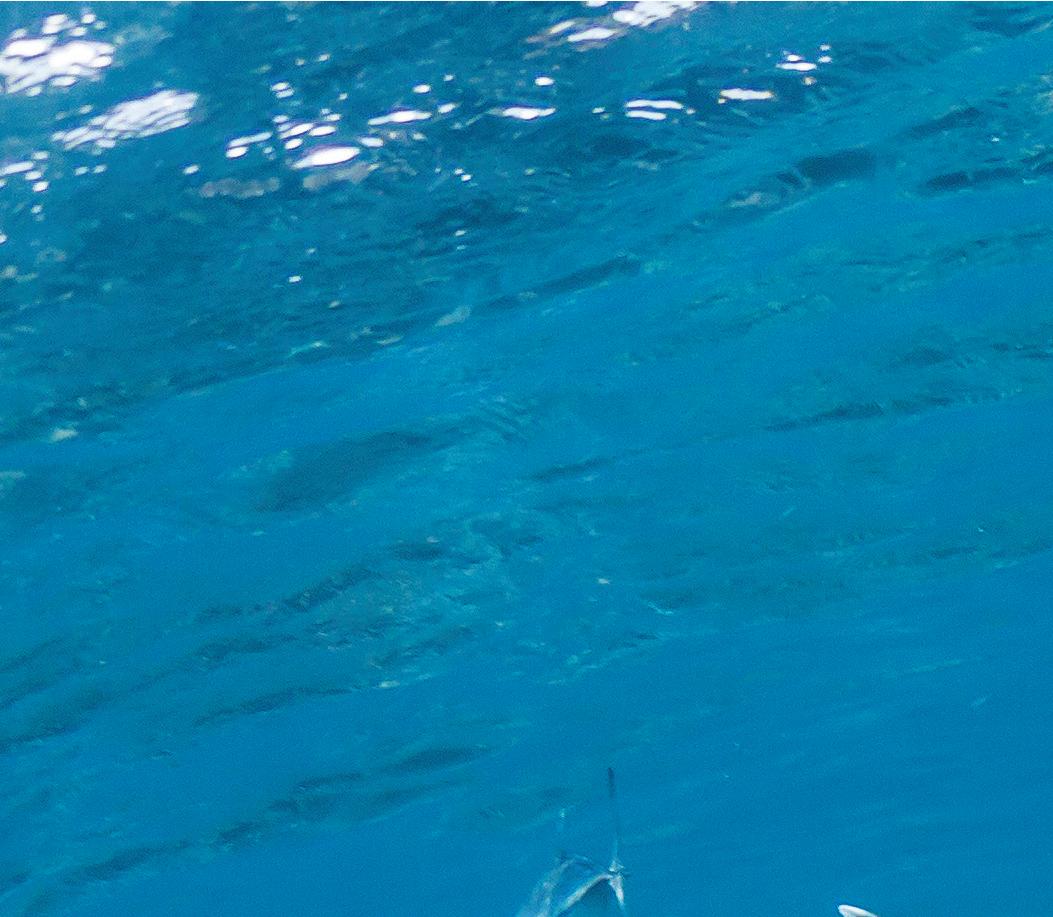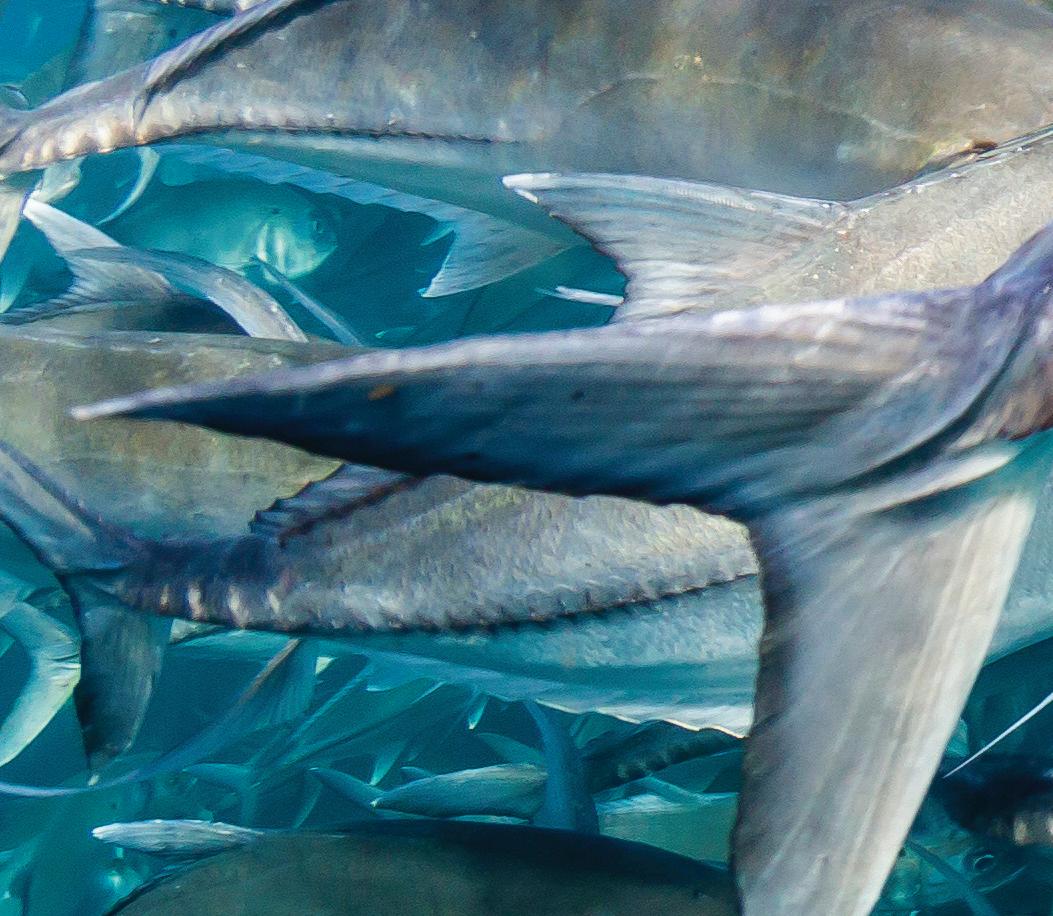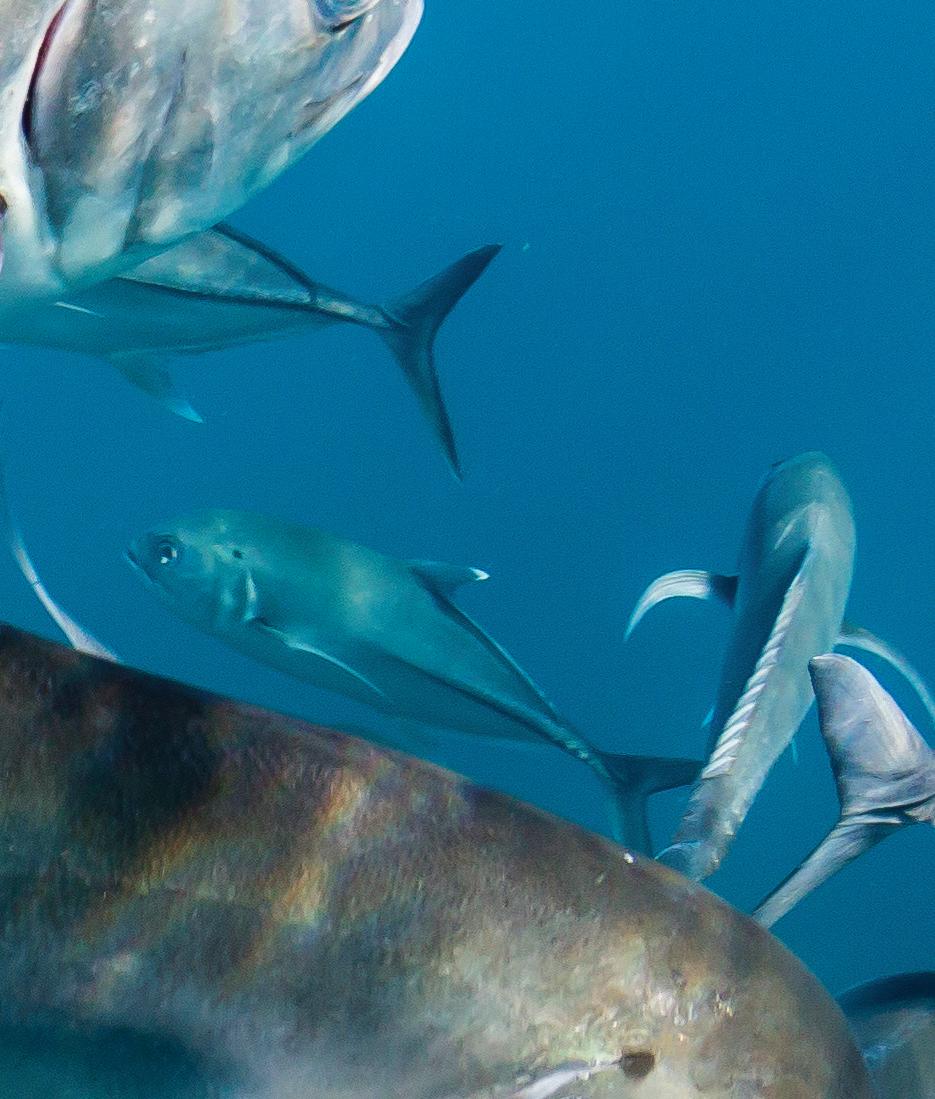
4 minute read
Sustainable Food
Page 6
Ask Your Client: “How important is food to your overall travel experience?”
Not every traveler is a foodie, but everyone wants to fuel up on tasty meals when they travel. Something your clients might not think about, however, is how their culinary choices can deliver a more authentic, enjoyable travel experience and help the environment and local community at the same time.
You can even play a little game of “Would You Rather” with your clients in the spirit of fun information-sharing. For example:
• “Would you rather eat food that’s been freshly harvested, and locally grown, or food that’s been frozen and shipped from hundreds or thousands of miles away?”
• “Would you rather support small, local producers or big corporations?”
• “Would you rather the food you eat refl ect the region you’re exploring or eat what you’re already familiar with?”
Then there’s the matter of food waste. For "greener" clients, you can point out that an estimated ⅓ of the food produced worldwide each year—1.3 billion tons—is lost, spoiled, thrown away, or otherwise uneaten.2 Now, think about all the food that’s wasted in buff ets, for example. There are better options for food service (like plated meals, or placing your order ahead of time so precise dishes can be prepared), so why not counsel your clients to choose travel providers that have adopted programs to reduce food waste?
What else can you tell your clients?
“Everyone can agree that “fresh is best,” and what better way to experience a region than through local ingredients brimming with flavor? Choosing local food means bettertasting meals for you, jobs for locals, and a reduced carbon footprint overall (since food doesn’t need to be shipped from afar). A win-win-win!”
“We all know waste is bad, and when it comes to meal service, buffets are the biggest wasters of all. To cut down on waste, choose a travel provider that favors appropriately-portioned, plated meals and other waste-limiting food services instead of buffets.”
“Truly sustainable travel companies should facilitate sustainable seafood options. Seafood is sustainable when 1) the species has healthy population numbers (i.e., it’s not overfished), 2) it was caught responsibly and preferably locally, and 3) the method of catching the seafood didn’t harm other species, or the ocean, in the process.”
“In the U.S. alone, the production of food that’s ultimately lost or wasted creates the same amount of greenhouse gas emissions as more than 32 million cars.3 So it’s not only good for your taste buds but good for the environment to choose travel providers who strive for zero-waste in their food programs.”
Hydroponic farm in Guachipelin National Park, Costa Rica.








Large school of bigeye trevally in deep water near Cabo Pulmo, Baja California Sur, Mexico.










Ask Travel Companies About: Sustainable Food
What makes a travel provider’s food program responsible and sustainable? Here are some questions you can ask to understand how thoughtfully curated the menu options will be for your clients:
Locally sourced:
• “Is the food you serve locally sourced?” • “Do you off er wines and other beverages from local producers in the regions you travel?”
Sustainable:
• “Are your food options sustainable?” • “Do you know where the seafood you serve comes from and how it was caught?" • “Do you serve plant-based options?”
Limiting food waste:
• “Does your food program strive for zero waste?” • “Do you serve meals buff et-style?” • “Do you build menus that maximize ingredients to limit waste?”
Travel providers with responsible food programs are serious about sustainability from farm to table, ocean to plate, and everywhere in between. And what tastes better than the sweet knowledge that you’re helping your clients make conscious choices about fueling themselves in a way that also energizes the planet?
WHAT IS “SUSTAINABLE FOOD?"
Food is sustainable when its production, growth, and/or harvest doesn’t have a negative impact on the environment or wildlife.
USING INGREDIENTS TO THE MAX
Sustainable travel companies take innovative approaches to limiting waste, maximizing every ingredient they use. For example, Lindblad Expeditions uses each ingredient to the fullest: meat bones make stock, banana peels make vegan bacon, potato peels make chips, and more! A close-up view of paper straws, which are biodegradable and good for the environment;








